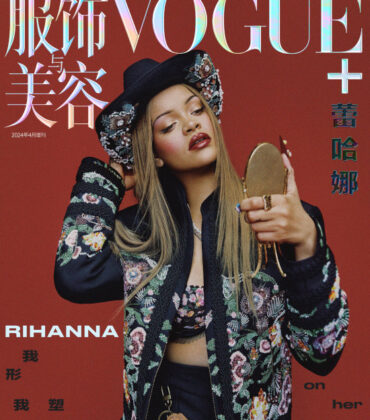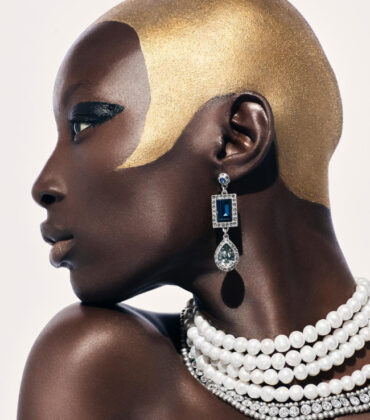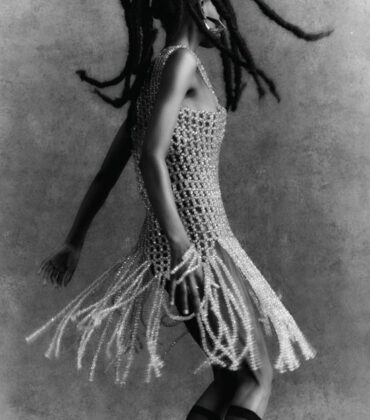
After 25 years in business, Shea Moisture recently released its first official commercial ad campaign. The commercial is part of the company’s #BreakTheWalls campaign, a multimedia push to challenge the notion of “ethnic” beauty sections, commonly set up in drug stores across the country. The campaign also enlisted several influential beauty bloggers, including Whitney White, aka Naptural 85.
According to a press release,
SheaMoisture’s call to “break the walls” is the first-of-its-kind in the beauty industry, but has been an imperative for the brand since its inception – even taking 16 years for the brand to come to retail shelves because of Dennis’ refusal to conform to traditional merchandising segmentation and his efforts to ensure that women who had been underserved by the beauty industry had ample access to an assortment of products to meet their lifestyle needs. Creating an enhanced and more inclusive beauty experience has been a charge that SheaMoisture has led directly through engagement with its retail partners and with its diverse community of women around their needs and desired experiences – particularly wanting an experience which didn’t ignore or devalue the needs of women with textured hair, whether wavy, curly, kinky or coily.
While the campaign marks an exciting new direction for the company, and has sparked some interesting discussions, it’s also being met with understandable criticism. Some feel that #BreakTheWalls is another ploy by the company to appeal to a more “mainstream” consumer, essentially leaving black buyer behind. Shea Moisture has been criticized in the past for using images of white models on its social media pages. The company also dogged accusations of being in bed with Mitt Romney. The accusations starting flying after Bain Capital, a company that Romney founded and has since left, purchased a minority stake in Sundial Brands, which owns Shea Moisture.
Despite past controversies, #BreakTheWalls is definitely opening up a much needed dialogue — one that brings black women with all hair types into the conversation.




